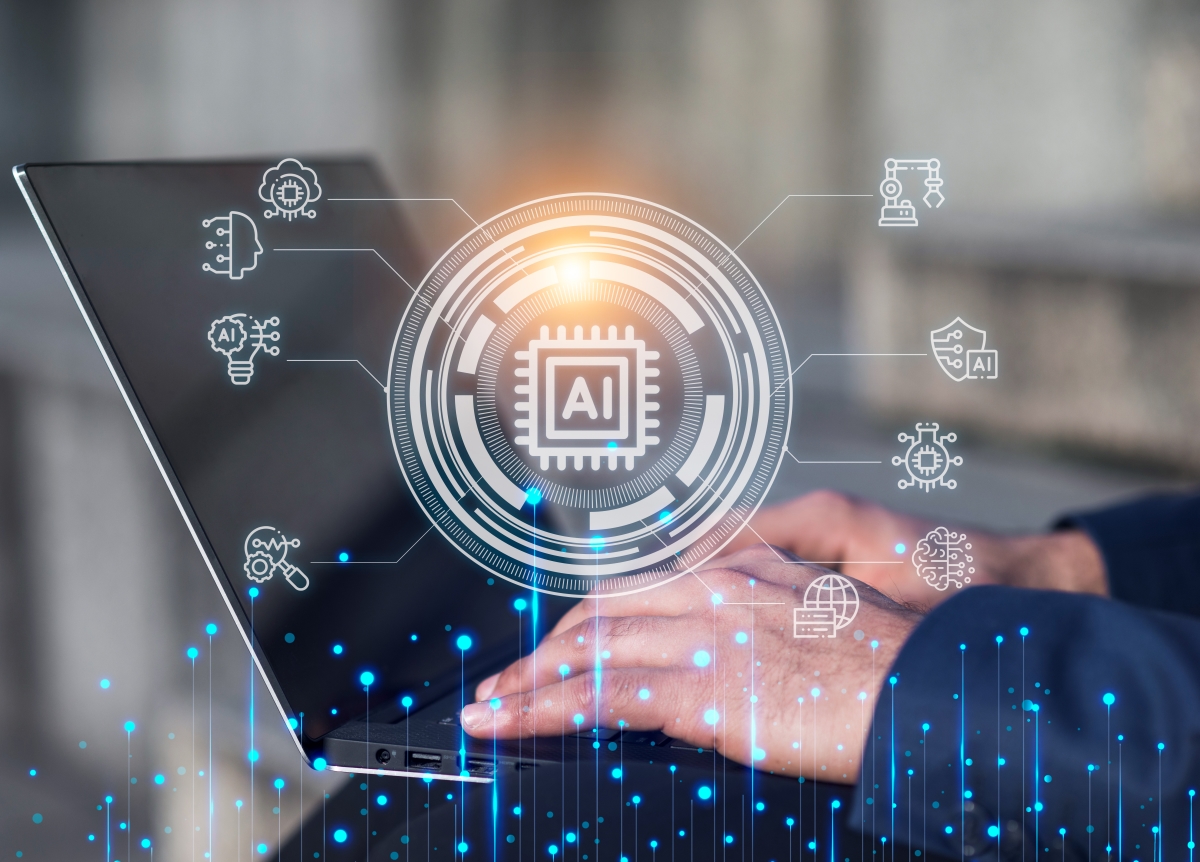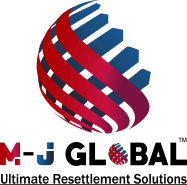The way AI is changing the nature of employment involves automation, algorithms, and the need for adaptation.
The way AI is changing the nature of employment involves automation, algorithms, and the need for adaptation.
We discuss what artificial intelligence (AI) means for the workplace in this episode of Real Economy. Could technology simplify those difficult, time-consuming duties, or is it really coming for your job? And in the unlikely event that you’re not in the firing line just yet, would you soon be working beside a bot?
Artificial intelligence is a hot topic right now, both domestically and internationally. A tentative agreement was achieved on Friday, December 8th, between the European Parliament and member states about the AI Act. This is the first attempt globally to regulate the rapidly developing technology in a thorough and ethically sound manner.

AI technology is being regulated by the EU at a time when the workplace is undergoing significant transformation.How are employment in the Netherlands being revolutionized by AI-powered technology?The online grocery industry is being revolutionized by the Dutch supermarket Picnic. Largely automated facilities with plenty of AI technology are Picnic’s in Utrecht.
The company claims that gives it the advantage in a fiercely competitive market by allowing it to deliver food more quickly, more cheaply, and fresher.Furthermore, Picnic claims that by implementing AI, many skilled new positions have been created, such as in data analysis, while a large portion of the labor-intensive tasks previously performed by employees at its fulfillment and distribution centers have been eliminated.
Chief technical officer of Picnic Daniel Gebler stated, “AI creates an opportunity for many, many people that there are new jobs that don’t exist currently, that they can do in the future.”Picnic claims to be more sustainable thanks to its technology and business strategy. The grocery store already provides free delivery service in entirely electric cars. Its operation likewise revolves around data-driven analysis to reduce food and packaging waste.”A service like Picnic can operate in a very sustainable way, but this goes a step further where we are not only with good forecasting, making our service, our operations sustainable, but also our suppliers,” Gebler continued.
AI’s growth and job instability: “They track everything”

AI has the potential to be very beneficial when used properly. However, what would happen if technology started to invade our every moment?Bicycle courier Joseph Skull works for one of Amsterdam’s top on-demand delivery services. He claims he is tired of the firm watching him all the time when he is working.
He said to Real Economy that “they track everything that we do while we are at work.” “They can see if we stop somewhere for five minutes and they could ask questions about why are you taking so long when you’re just simply having to do things that you have to do whilst at work.”Dutch unions concur, arguing that further measures should be taken to control delivery companies, particularly with regard to their use of AI algorithms in an attempt to boost output.
“We see a lot of problems as a union for workers,” FNV Young & United Union Official Frank Van Bennekom disclosed.”Pay is little. Both safety and security are absent. For example, bonuses are often deducted in the event that a rider is unable to deliver by a specified time. This actually creates dangerous circumstances. And I believe that laws should be passed to prohibit this.”Dutch unions concur, arguing that further measures should be taken to control delivery companies, particularly with regard to their use of AI algorithms in an attempt to boost output.
“We see a lot of problems as a union for workers,” FNV Young & United Union Official Frank Van Bennekom disclosed.”Pay is little. Both safety and security are absent. For example, bonuses are often deducted in the event that a rider is unable to deliver by a specified time. This actually creates dangerous circumstances. And I believe that laws should be passed to prohibit this.”
In what ways will the EU defend labor rights in the context of AI?

This year’s EU Social Forum in Brussels brought together experts and politicians to talk about a number of urgent issues, including how to use AI to ensure safety, inclusiveness, and fairness in the workplace.The European Commissioner for Jobs and Social Rights, Nicolas Schmit, told Euronews, “What is important is that we make sure that we are identifying the measures we need to protect workers, but we also make sure that we do not hamper this technological change.”
Because platform workers are immediately impacted by algorithmic management, their protection is the first crucial mandate we are working on.”The lifelong learning mindset”: reskilling and upskilling the labor force in Europe
Developing and enhancing digital abilities was another hot issue. Ninety percent of employment in the future will require them. Currently, almost one-third of the labor force in the EU does not possess the necessary skills.Christopher Pissarides, a London School of Economics economist and winner of the Nobel Prize, advises workers to make an effort to adapt.
“We have to create a real mindset of lifelong learning, of people knowing that they have to be retrained, they have to be reskilled, they have to be upskilled, not just with the risk that they lose that job, but with the guarantee that they will find another job,” Nicolas Schmit said.Schmitt continued, “I am not a techno pessimist,” adding that technology can make the world a better place. We can better organise the workplace by relieving employees of laborious or repeated tasks. But this implies that we must maintain our composure. It has nothing to do with projecting future events or harboring fears thereto. At last, it’s to mold the future. That is our required action.”

